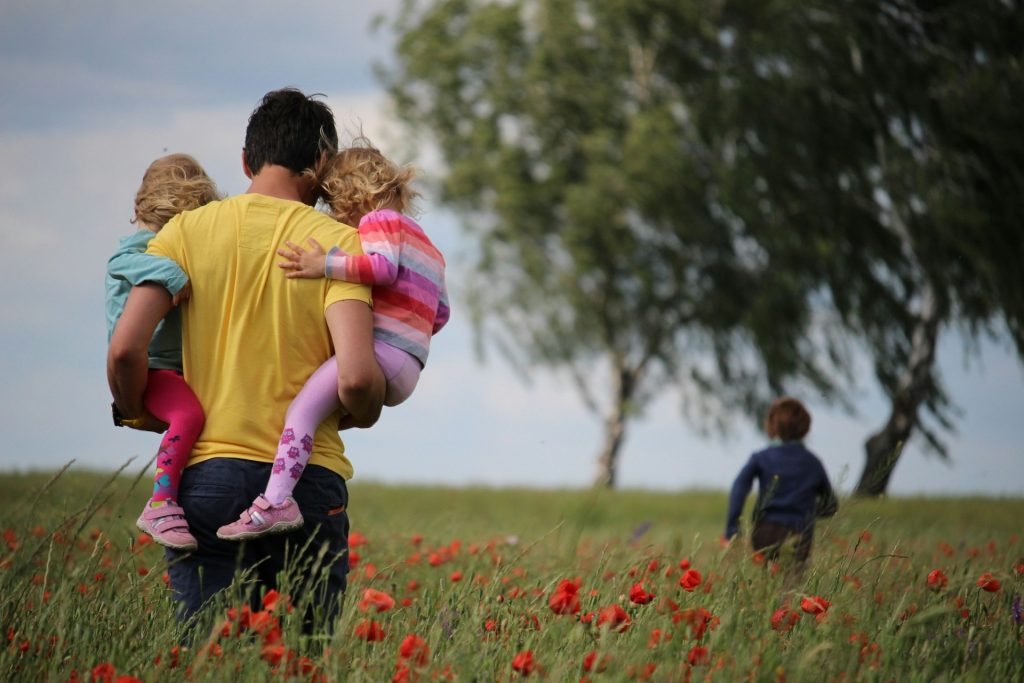Childhood allergies can be a significant concern for many St. Petersburg families. These immune system reactions to environmental substances can affect children’s overall well-being and quality of life. Offering superior and convenient urgent care pediatric services for children who enter our offices, Your Kids Urgent Care in St. Petersburg aims to help parents navigate the complexities of allergies in children. In this informative guide, we cover essential details about identifying and managing childhood allergies so that St. Petersburg parents feel confident addressing these issues with their kids.
As a parent, it’s crucial to understand common allergy symptoms, triggers, and appropriate treatments to help best your child navigate and manage their allergic reactions. From inhalants like pollen and dust to food allergies, it’s essential to stay informed about the challenges children may face and the precautions necessary to reduce the impact of allergies on their lives. The following in-depth guide will help St. Petersburg parents gain expert insights on allergies, enabling their children to live healthier, more comfortable lives.
Recognizing Common Childhood Allergy Symptoms
Identifying common allergy symptoms is the first step in managing your child’s allergies. Symptoms may vary depending on the type of allergen. Common signs include:
1. Respiratory symptoms: Sneezing, runny nose, itchy eyes, nasal congestion, and coughing.
2. Skin reactions: Rashes, hives, or itchy, red, and swollen skin.
3. Digestive symptoms: Stomach pain, vomiting, or diarrhea, typically associated with food allergies.
4. Anaphylaxis: A severe, life-threatening allergic reaction characterized by symptoms such as difficulty breathing, swelling, and a drop in blood pressure.
Observe your child for any of these symptoms and consult with a healthcare professional like our experts in St. Petersburg if allergies are suspected.
Identifying Triggers for Childhood Allergies
Understanding common allergy triggers can help St. Petersburg parents prevent or minimize their child’s exposure to allergens. Common triggers include:
1. Inhalant allergens: These airborne substances, such as pollen, dust mites, mold spores, and animal dander, can cause allergic reactions when inhaled.
2. Food allergens: Common culprits include peanuts, tree nuts, eggs, milk, soy, wheat, and shellfish.
3. Insect allergens: Stinging insects like bees and wasps and biting insects like mosquitoes can trigger allergic reactions.
4. Contact allergens: Certain substances, such as chemicals in soaps, detergents, or plants like poison ivy, can cause skin reactions upon contact.
Identify potential triggers, monitor your child’s reactions, and maintain a record of any symptoms and their possible causes.
Preventive Measures and Allergy Management
Reducing exposure to triggers can help minimize the risk of allergic reactions. St. Petersburg parents can employ the following prevention strategies for dealing with childhood allergies:
1. Environmental control: Regularly clean and vacuum your home to reduce allergens like dust mites and pet dander. Consider using air filters and dehumidifiers to maintain optimal indoor air quality.
2. Dietary management: If your child has a food allergy, be vigilant about reading food labels and always ask about ingredients when dining out. Teach your child about their food allergies and the importance of avoiding certain foods.
3. Medication planning: Discuss with your child’s healthcare provider the usage of over-the-counter or prescription medications and how to administer them in case of an allergic reaction.
4. Insect precautions: Teach your child to avoid areas with high insect activity and consider using insect repellents outdoors. Keep a watchful eye for any signs of insect sting allergies.
5. Education and awareness: Inform teachers, caregivers, and friends’ parents of your child’s allergies to ensure everyone takes the necessary precautions to keep your child safe.
Seeking Appropriate Treatment for Allergy Symptoms
If your child experiences allergy symptoms despite preventive measures, seeking appropriate treatment to alleviate discomfort and improve their quality of life is essential. Consult a healthcare provider who may recommend:
1. Allergy testing: Allergy tests can help identify specific allergens to which your child is sensitive. Your healthcare provider may recommend skin or blood tests to pinpoint triggers.
2. Medications: Over-the-counter or prescription medications, such as antihistamines, decongestants, or corticosteroids, may be suggested to manage mild to moderate allergy symptoms.
3. Immunotherapy: In some cases, a healthcare professional might recommend allergy shots or sublingual immunotherapy to build up your child’s tolerance to allergens gradually.
4. Emergency treatment: In the case of severe allergic reactions, like anaphylaxis, prompt medical attention is crucial. Be prepared with an epinephrine auto-injector and seek emergency care right away.
Confidently Address and Manage Childhood Allergies with Expert Advice
As a St. Petersburg parent, understanding and addressing childhood allergies can be a daunting task. However, recognizing common allergy symptoms, identifying triggers, implementing preventive measures, and seeking appropriate treatments can help your child live a healthier and more comfortable life.
Your Kids Urgent Care is here to provide the pediatric urgent care services in St. Petersburg your family needs to address childhood allergies effectively. Our experienced medical professionals are just a call or visit away, ready to guide you through every step of the allergy management process.



